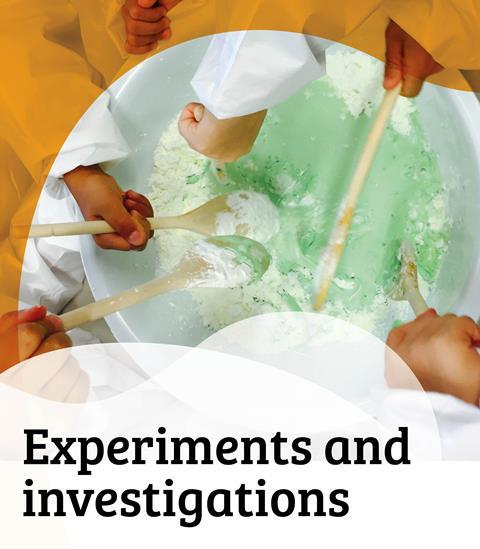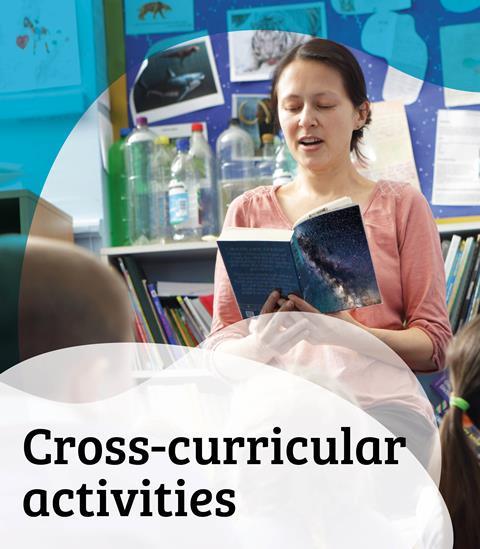Join Kareena and her superhero friend K-mistry and learn about magnets
Produced by FunKids radio in collaboration with the RSC, this short chemistry snippet is great for introducing children to magnets.
This podcast can be used as a ’hook’ when introducing the topic to your students, or at the end of a lesson to stimulate discussion about what they have learnt.
Downloads
Kareena's Chemistry- Episode 13: Magnets
Audio | Other, Size 4.44 mb
Additional information
If you teach primary science, see the headings below to find out how to use this resource:
Skill development
Children will develop their working scientifically skills by:
- Selecting and planning the most appropriate ways to answer science questions, including:
- Grouping and classifying things.
- Drawing conclusions and raising further questions that could be investigated, based on their observations.
- Using appropriate scientific language and ideas to explain, evaluate and communicate their methods and findings.
Learning outcomes
Children will:
- Observe how magnets attract or repel each other and attract some materials and not others.
- Compare and group together a variety of everyday materials on the basis of whether they are attracted to a magnet, and identify some magnetic materials.
- Describe magnets as having two poles.
- Predict whether two magnets will attract or repel each other, depending on which poles are facing.
Concepts supported
Children will learn:
- That not all materials are attracted to magnets.
- That not all metals are attracted to magnets.
- That only some metals have magnetic properties.
Suggested activity use
This activity provides a useful hook into exploring magnets. Children could listen to the first part of the recording and try to determine why the magnets weren’t sticking to the fridge. They could group and classify materials according to whether they are attracted to magnets or not.
Practical considerations
In order to determine which materials are attracted to magnets, a range of magnets and magnetic and non-magnetic materials will need to be provided.
Further explanation of more advanced vocabulary, such as ‘molecules’, ‘atoms’ and ‘electrons’, may be required.
Primary science podcasts

Join Kareena and her superhero friend K-mistry for this series of short podcasts introducing children to chemistry.
- 1
- 2
- 3
- 4
- 5
- 6
- 7
- 8
- 9
- 10
- 11
- 12
- 13
 Currently
reading
Currently
reading
Magnets
- 15
- 16











































No comments yet